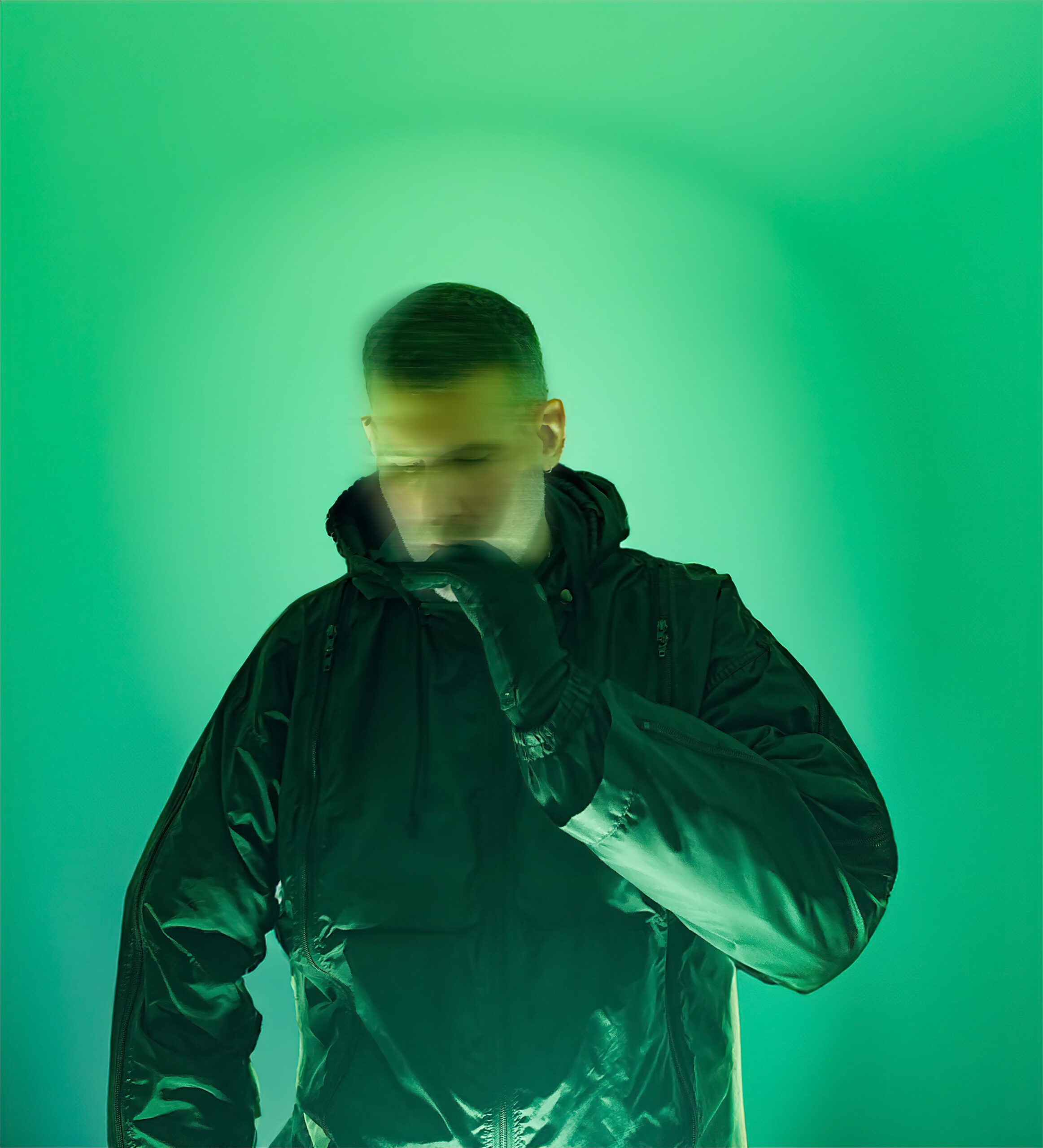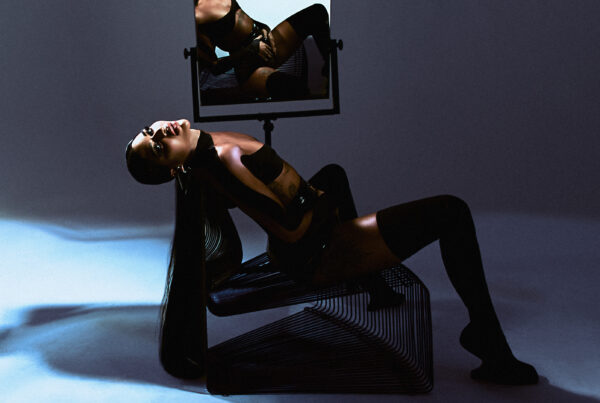Your Facebook page opens evocatively with, "The shocks of incomprehension, emitted by artistic technique illuminate the meaningless world. Modern music has taken upon itself all the darkness and guilt of the world. Its fortune lies in the conception of misfortune; all of its beauty is in denying itself the illusion of beauty. Modern music sees absolute oblivion as its goal. It is the surviving message of despair from the shipwrecked." Did you somewhere along the way feel compelled, rather than make a choice, to bear the weight of the darkness and guilt through your own music?
That’s a quote from Theodor Adorno who was a well-known cultural theorist and music philosopher in the first half of the 20th century. His world view was shaped by witnessing the carnage of the two World Wars and the Holocaust. He was primarily an academic but he was also deeply obsessed and inspired by the experimental movements emerging in art and music at the time; he saw that as one development against the long standing traditions and norms in music, art and culture that the masses embraced yet had ultimately failed humanity. I thought it was a beautiful paragraph that could be applied today to describe some movements in underground electronic music. I hope I don’t carry around “guilt or darkness”, that’s probably not too healthy, but I’m definitely influenced and affected by what I see around me in the world.
Like others, you play wearing a mask, at what point did you start to cover your face and what were your personal reasons for doing this?
Towards the end of highschool I was discovering a lot of different noise and industrial acts and a lot of these groups from the 80s and 90s would wear evil looking outfits or masks. Their faces could be wrapped in medical gauze and they could be wearing a long trench coat, or wearing a slaughterhouse apron with a surgeon’s mask, or simply a balaclava in military garb. The aesthetics were as important as the music and they complimented each other. I first tried it out during a Media Performance class in university around 2005 and by now it just feels natural and I find it also brings an element of anonymity to live performances.
From a viewer’s perspective I also would rather look at some spooky dudes on stage than some factory pressed techno guy grimacing like he’s letting off a giant turd while he turns a knob.
Your mixes are are winding and twisting, taking the listener through layers of emotion and energy - how do you set about recording a mix and how does the preparation (and output) differ from when you prepare for a DJ set?
In both cases I might have a rough idea of what I want to do in my head but I don’t sit there preparing things out ahead of time, and I don’t prepare a set list. The only two tracks I might decide on ahead of time could be the intro and outro tracks which are usually noisy, spoken word or ambient. But sometimes I don’t even do that. Usually I don’t know what I’m going to play next until the current track is half way thru or almost done. I just go with what I think feels right at the moment and spend a lot of time frantically scrolling thru my music collection deciding what fits. It can get hectic but it’s the way I like it. I think pre-planning things too much, or creating a limited palette of tracks to play would take the spontaneity and joy out of it. I do however like to mix a lot of new or unreleased material with older 80s-90s material.
Collaboration is a strong theme in your musical career, what is it about collaborating that you find rewarding and can you tell us about how some of those collaborations came about?
It can be more fun to work with other people. You can feed off their energy and bounce ideas back and forth. Sometimes it works and sometimes it doesn’t. It’s also a great way to transfer and learn new techniques and different methodologies that you might have never considered before. You can learn a lot more from collaborating with someone than you will from sitting there alone in your own head. All of my collaborations have happened with likeminded friends. It’s important to get along with someone first before you jump into sitting in a small room together for hours at a time chipping away at an idea. So they all came out of friendship first, whether thru the university or meeting for the first time at a party etc…
Is there a dream collaboration for you that’s not yet happened?
That’s a tough one.
You’ll be playing alongside your Aufnahme + Wiedergabe label mate Ancient Methods at this party, how important has joining the label been to your progression as an artist?
It had a big effect since it was my first vinyl release and also on a cool Berlin label. It all happened at time while I was still very fresh to the city and having a difficult first year settling in. I had played some small shows but the turning point occurred when I played at a party called Gegen Drone at Kit Kat Klub, where Philipp and I were both playing. That’s where we formally sealed the first a+w 12” EP over a shot of Jager and we’ve been pals since.
In addition to the tracks themselves, fans can always look forward to the videos to accompany them and your own site X-IMG is a platform for art as well as music. Was the A/V and video art side of things always important? How did this interest start?
My first real artistic endeavor was with video production in high school and later I did my Fine Arts thesis in university on experimenting with live a/v performance. After graduating I became active with a collective in Toronto that would organize something like a video art rave/battle called “Videodrome” (after the Cronenberg film) founded by Jubal Brown. It was a lot of fun but besides this fringe group of forward thinking weirdos I became disillusioned with the art scene in Toronto and started to focus more on music. With X-IMG I’m trying to incorporate some of my a/v skills with music, as well as use it as a platform to release some really talented but undiscovered artists.
Finally, we always ask - what can the Manchester crowd expect from you on Jan 26th?
A reallllly good time!



